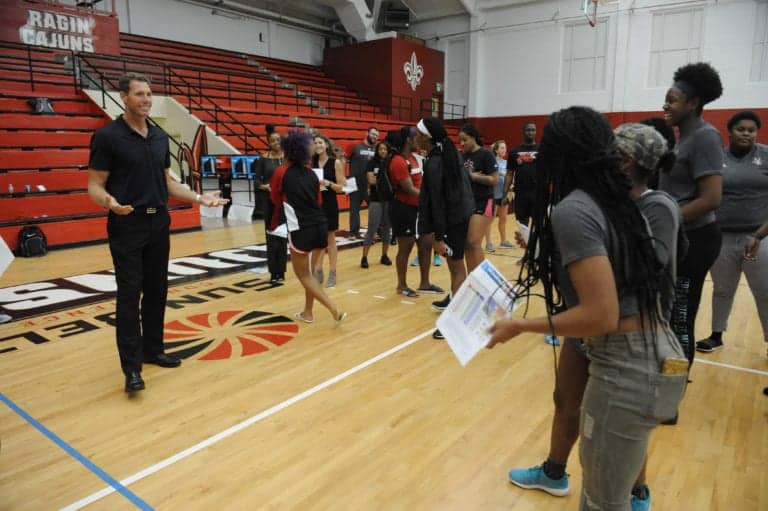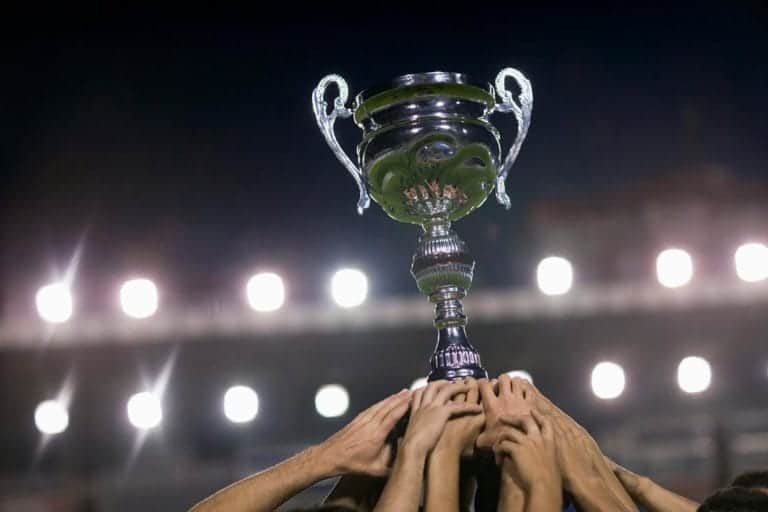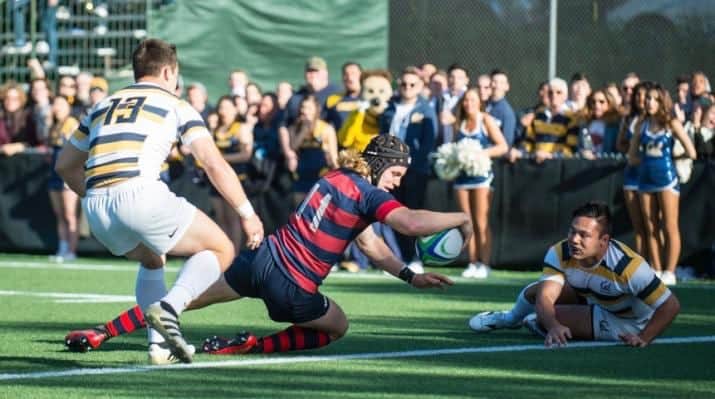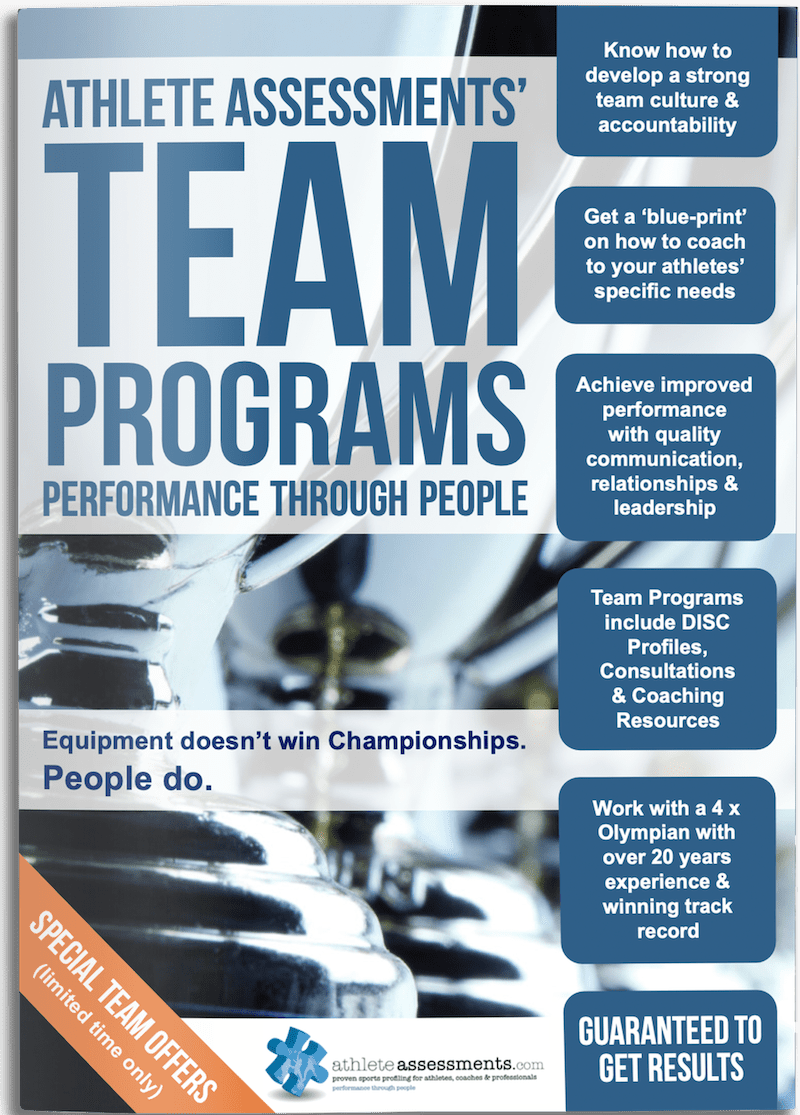An efficient and effective leadership approach for athletes
So, you’ve just decided on the leadership role or roles within your team. Now the journey begins! What do you want your leaders to do? How do you expect them to carry out the role? You might have your own ideas and that’s fantastic. Maybe you’ve coached a team with effective leadership, and you know what works. Or perhaps you’d like your athletes to role model someone around them. But, if you’re wondering what effective leadership looks like in sport, I’ll give you a short method that I know works well. It’s crucial to know what’s important, what impacts performance. Then, we’ll talk about why we address things when they’re little issues, and don’t wait until they blow-up and become big issues.
Effective Leadership Impacts Win/Loss Record
Effective leadership is absolutely essential in any successful team, ultimately, it impacts the score board. Good leadership uses lots of small corrections to keep a team on track, they maintain standards and deal with things before they become big issues.
Effective leadership starts with a role description, including a statement of the team’s values and behaviors. Leaders model this to the highest degree.
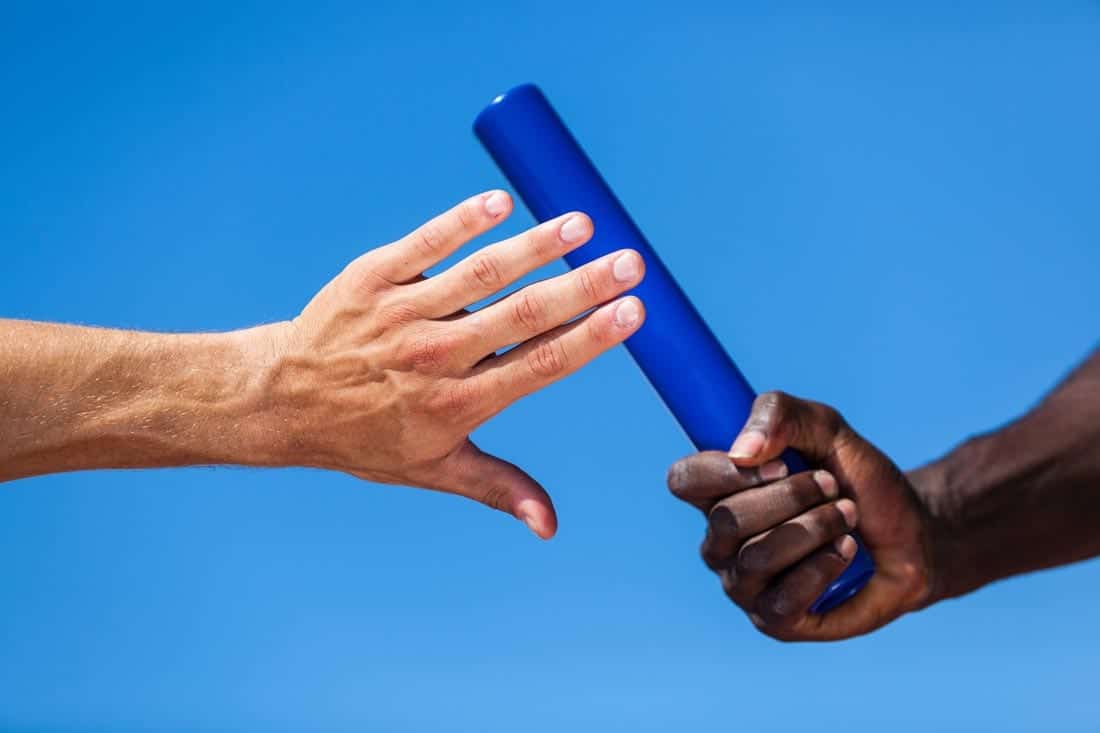
Leadership and DISC Adaptation
There is no leadership DISC Profile, any profile can be successful in the leadership role, BUT the leadership role will certainly require your athletes to adapt. Your leaders will undertake tasks and responsibilities that don’t come naturally to them, it’s also possible that they will have to carry tasks out in ways that don’t come naturally to them either.
It’s important that your leaders understand that to be successful in their role and to make a contribution to the team, they need to stretch their comfort zone or temporarily adapt their behavior to fulfil that role. This could mean for example; they might need to talk more than they would normally, to keep the team’s energy up. They may need to think about logistical details that they might not normally focus on, or be more involved in the game day strategy and evaluation.
The leadership role may require athletes to make a temporary or momentary adaptation – not permanently change the way they do things or the way they behave. It’s an opportunity that will definitely grow your athletes’ ability to cope with different situations, it will expand their comfort zone and the knowledge of how to adapt their behavior to the needs of different situations and create better results for your team.
Leadership can Negatively impact Performance
The leadership role is a massive commitment. It takes a huge amount of mental and physical energy. If an athlete is not on top of it, they don’t know exactly what’s expected of them or how to be successful in the role, it can certainly impact their performance. Any leadership role takes time and energy, if an athlete is not fully prepared for the role it can be time and energy that’s taken away from their own performance.
Checklist System: Preparing for Leadership
The most efficient and effective way to carry out the leadership role is a simple checklist system. Literally, have your leaders write down what you need them to do in the leadership role on a daily basis. It’s like a ‘To Do’ list. It can be as simple as just listing the items. But, be certain that these items impact performance outcomes.
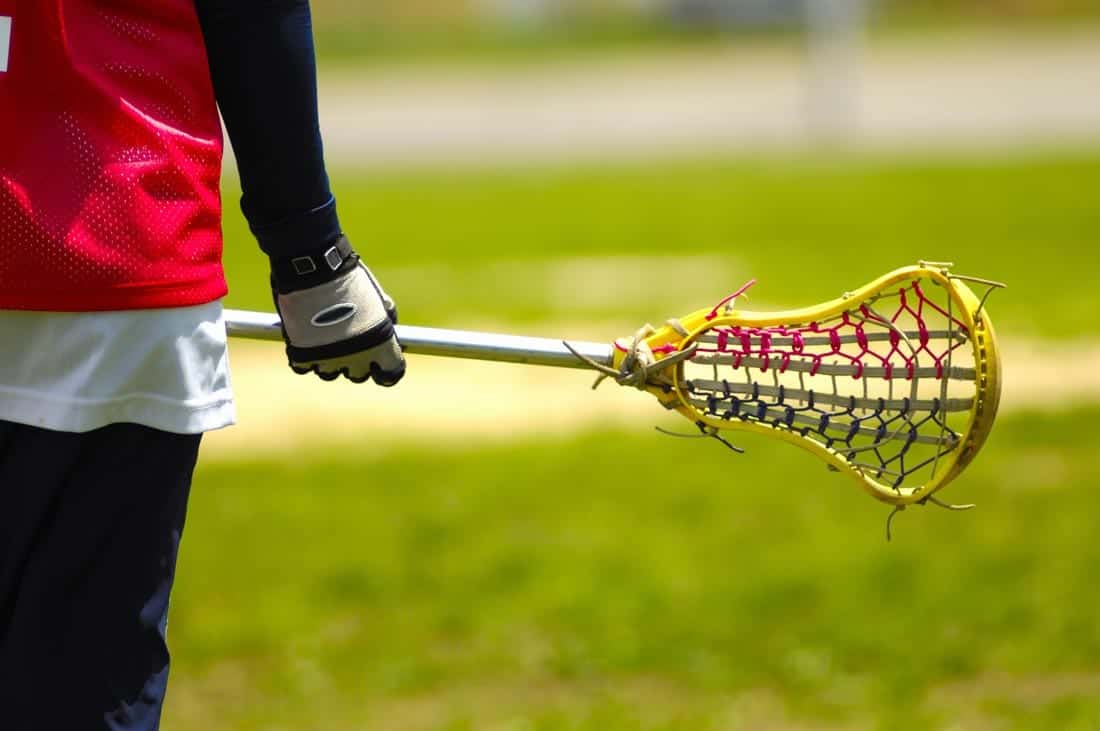
What’s on the Checklist
So, what are the things that impact performance on game day? I’ll give you some examples of what might be on the daily checklist. Your leaders could:
- Check in with each other (if there’s more than one): discuss outcomes, issues and opportunities.
- Check that everybody arrives at training on time: notice adherence to this most basic team rule.
- Does everybody arrive with the equipment they need, or is equipment set up and ready?
- Did everybody come to training in a productive mood? Does the team “look” excited to be there?
- Are the athletes on your team talking to one another when they arrive? This shines a light on the relationships or not, within the team. It is a key indicator of if they will play as a team.
Little Things Become Big Things
A one-off occurrence quickly becomes an everyday problem and impacts your team culture if left unattended. For example, if your athletes are late, not wearing the correct uniform, not being respectful and saying hello to everyone on the team or they’re not turning up to practice in a positive and productive mood every single day. The team can absorb a one-off but, if you don’t notice today and it happens tomorrow and the next day and it will start to get a little bit worse. Before too long it’s going to become an everyday occurrence. When something breaks it doesn’t suddenly fall apart, there are hairline fractures, typically something is under stress before it breaks. If you’re able to have the little conversation about upholding standards, it’s a checklist item, you can address something at the smallest level before it becomes a massive issue that your team has deal with later on.
So, my advice for coaches and their leaders is to create a checklist and tick it off on a daily basis. That way you are constantly checking and updating the culture of your team and the standards you’re trying to live by.
Where to from here…
If you’ve enjoyed this article, you might also like to read:
- University of Louisiana Athletics Leading the Way
- 6 CRUCIAL Steps to Success in Taking Over a Program
- Winning Back-to-Back Championships
- Self-knowledge Creates Career Opportunity
- Taking the Confusion and Mystery out of Leadership Development
At Athlete Assessments, we’re experts in the people side of sport. We know sport and live high-performance every day. Our reputation and proven success at the elite level speaks for itself. The results that our National, Olympic, Professional and Collegiate team clients achieve directly reflects their focus on getting the people side right.
Suggested Articles
When you visit University of Louisiana’s campus and see the new athletic facilities, a testament to the University’s investment in recent years, you’d understandably be impressed with their focus on the physical side of development. But, you would be misled. What you quickly learn, when you dig a little deeper, is that they are committed to a holistic approach to development across the entire Athletic Department.
Congratulations! You’ve just been recruited as the new Head Coach. Whatever circumstances led to your appointment, the fact remains; you need to turn this team around – fast. You’ve got to get important elements of the team on side and develop what’s left of the team culture into a culture that you want. A culture that develops growth and delivers performance. There are six non-negotiable elements to success in this situation.
Chris McDonell graduated Saint Mary’s College of California with a B.A. in Politics and a minor in Spanish, but when it came to the interview process for a career in California’s Police Force, Chris’s superiors and interviewers thought one of his greatest strengths was his self-knowledge.
Winning a National Championship is not only an incredibly special feat; it is also very hard to do. So when you win a National Championship twice, you know that it is even better and even harder.
Leadership can be a complicated topic. There are literally thousands of well-meaning books and even more articles dedicated to demystifying what leadership is and how to be an effective leader. We know there are different ways to lead and many examples of varying styles and philosophies of leadership. Knowing how to be a leader can be confusing because even though new models of leadership are spoken about, at the same time, we see more traditional styles being enacted within politics, business and sport. To say it is confusing is an understatement.


